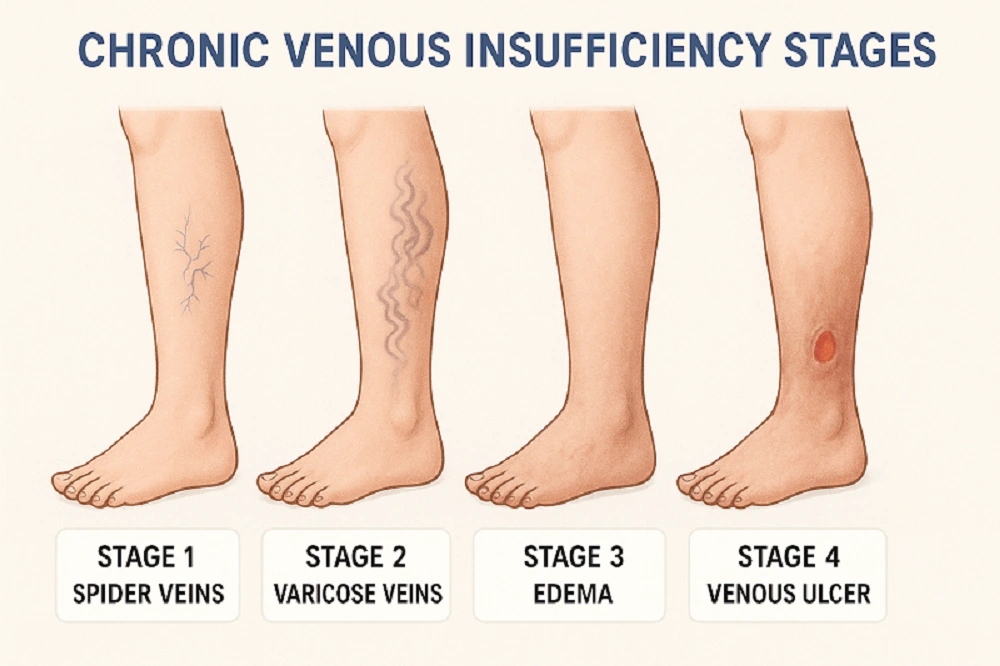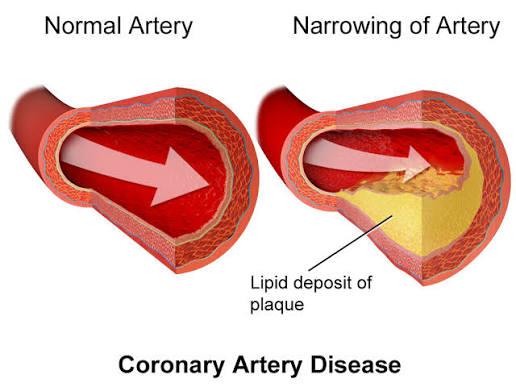
A researcher is studying the effects of oxidative stress on cellular metabolism and finds that glutathione levels are significantly decreased in cells exposed to high levels of reactive oxygen species (ROS). What role does glutathione primarily play in cellular biochemistry?
- a) Energy production
- b) Protein synthesis
- c) Antioxidant defense ✓
- d) DNA replication
Glutathione is a tripeptide composed of three amino acids: glutamine, cysteine, and glycine. It is one of the most important molecules in cellular biochemistry, primarily known for its role as an antioxidant. To understand the significance of glutathione in the context of oxidative stress and cellular metabolism, we can break down its functions step by step.
1. Antioxidant Properties
Glutathione plays a crucial role in protecting cells from oxidative damage caused by reactive oxygen species (ROS). ROS are highly reactive molecules that can damage cellular components such as lipids, proteins, and DNA. Under normal physiological conditions, there is a balance between the production of ROS and the body’s ability to neutralize them. However, when this balance is disrupted—such as during periods of increased oxidative stress—glutathione levels can become depleted.
As an antioxidant, glutathione donates electrons to ROS, thereby neutralizing their harmful effects. This process helps to prevent cellular damage and maintain overall cell health. The reduced form of glutathione (GSH) can directly scavenge free radicals or participate in enzymatic reactions facilitated by glutathione peroxidase and other enzymes that further detoxify ROS.
2. Role in Redox Reactions
Glutathione exists in two forms: the reduced form (GSH) and the oxidized form (GSSG). The ratio of GSH to GSSG within cells is an important indicator of cellular redox status. A high ratio indicates a reducing environment conducive to various metabolic processes, while a low ratio suggests oxidative stress.
The conversion between these two forms allows glutathione to act as a redox buffer within cells. This buffering capacity is vital for maintaining metabolic homeostasis and supporting various biochemical pathways that require a specific redox state.
3. Detoxification Processes
In addition to its antioxidant functions, glutathione is involved in detoxifying harmful substances through conjugation reactions. It binds to toxins and heavy metals, facilitating their excretion from the body. This detoxification process is essential for protecting cells from potential damage caused by environmental pollutants or metabolic byproducts.
4. Implications for Cellular Metabolism
When glutathione levels are decreased due to high levels of ROS exposure, it can lead to impaired antioxidant defense mechanisms and increased susceptibility to oxidative damage. This impairment can disrupt cellular metabolism by affecting energy production pathways such as glycolysis and mitochondrial respiration.
In summary, while glutathione has several roles within cellular biochemistry—including involvement in detoxification processes—the primary function highlighted in this context is its role as an antioxidant defense mechanism against oxidative stress.
Thus, based on the analysis above:
Answer: c) Antioxidant defense







